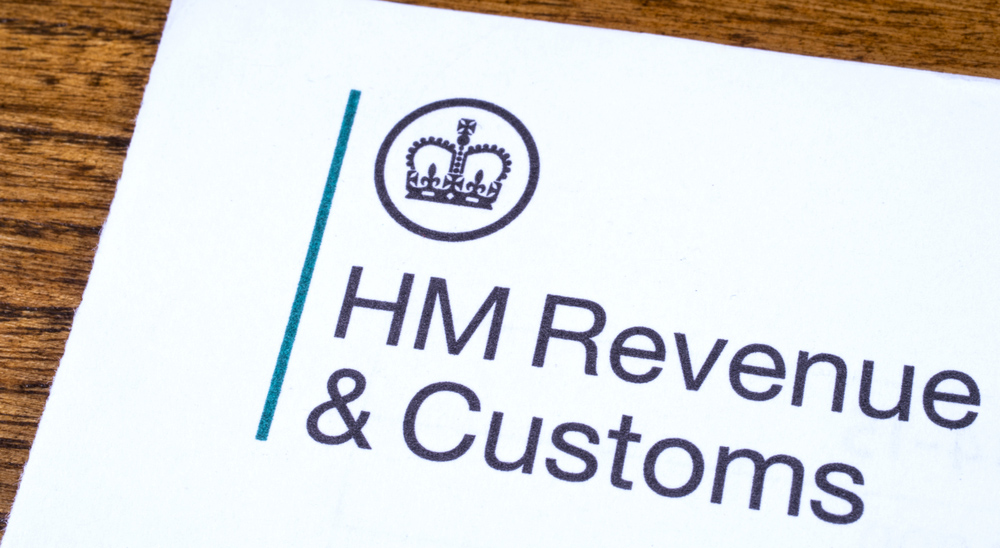Stop and restart gets car dealer entrepreneurs’ relief
Fri 25 Apr 2014
In the First Tier Tribunal (FTT) case of Rice v HMRC a car trader successfully appealed against HMRC’s refusal of entrepreneurs’ relief (ER) on the sale of his business premises.
Mr. Rice had traded for years from a showroom and site selling high performance cars. His site was in town and depended on passers-by being attracted to the cars on display. The only problem was the open urban setting where the cars were so often vandalised that the business became unviable.
He therefore proposed to move to another site in the countryside next to his home where the cars would be more secure. This engendered the following problems:
- there would be minimal passing trade;
- the local authority initially refused planning permission altogether; and
- the local market was for a different type of car, 4x4s and family saloons;
He stopped selling cars from the showroom in Spring 2005 and sold off his stock at auction then claimed empty premises rates relief. At the same time he was negotiating for planning permission which was not granted until September 2006 and then on restrictive terms that forbade any form of on-site advertising or opening to passing trade. He was obliged to sell by advertisement only and arrange appointments for customers to view the cars. The new business was based mainly on internet advertising.
In the meantime he had put up the showroom site for sale but it was not sold until 28 April 2008, i.e. just after the introduction of ER. He made a gain of nearly £275k and claimed ER on the basis that his showroom-based trade had ceased and sales from the new location were a new trade.
The cessation of the old trade was essential to his ER claim: a sole trader can only claim ER on selling the business or selling its assets within three years after cessation. If HMRC could establish that all he had done was relocate his existing trade he could not claim ER. Cases cited included Fry v Burma Corporation, JG Ingram & Son Ltd. v Callaghan and Rolls Royce Motors Ltd v Bamford. The essence of the law is that if a business grows ‘organically’ and so changes its nature over time, there can be no cessation. However, if there is a significant change in the way the business activities are conducted so the two trades cannot be identified with each other, the old trade must be regarded as having ceased.
The FTT judge found that this was a case of sudden and dramatic change. Mr. Rice was also able to produce sufficient evidence to show that the cessation of the old business and the sale of the showroom premises were within three years of each other and so the disposal qualified for ER. This case is of relevance not only to ER but also to loss carry forward situations (as in Rolls Royce Motors Ltd v Bamford) where losses can only be set off against profits arising from the same trade.



Comments